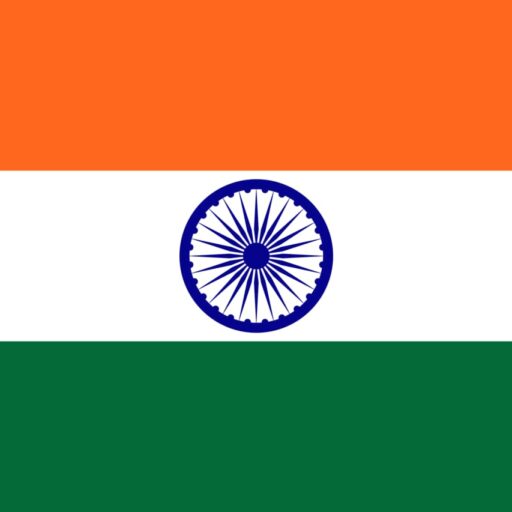In a recent explosive interview with The Wire, former Jammu and Kashmir governor Satya Pal Malik has made some startling revelations about Prime Minister Narendra Modi and his government.

Malik, who was governor during the Pulwama terrorist attack of 2019 and the scrapping of Article 370 in August that year, has accused the Indian system of “incompetence” and “laparvahi” that led to the devastating attack on soldiers in Pulwama. Malik alleged that lapses by the Indian system, specifically the CRPF and the home ministry, led to the terrorist attack that claimed the lives of 40 soldiers. In the interview, Malik said that he had raised all these lapses with Prime Minister Narendra Modi and NSA Ajit Doval when they called him after the attack. However, both of them allegedly asked him to keep quiet and not talk about it. Malik realized that the intention was to put the blame on Pakistan and derive electoral benefit for the government and the BJP.
Malik also said that there was grave intelligence failure in the Pulwama incident because the car carrying 300 kilograms of RDX explosives had come from Pakistan but was travelling around the roads and villages of Jammu and Kashmir for 10-15 days without being detected and without anyone knowing.
Malik also claims that PM Modi has no issue with corruption and is “ignorant” about Kashmir. He alleges that he was removed as governor of Goa in August 2020 because he had brought to the prime minister’s attention several instances of corruption which the government chose to ignore rather than tackle. He alleges that the people around the prime minister are indulging in corruption and often use the PMO’s name. Malik says he had brought all of this to Modi’s attention but the PM did not seem to care.
Furthermore, Malik discusses in detail why he did not let Mehbooba Mufti form a new government even though she claimed a majority of 56 in the 87 member assembly and why he chose instead to dissolve the assembly in November 2018. At one point, he accuses Mehbooba Mufti of lying.
Malik also said that all the appointments granted by President Droupadi Murmu are, in fact, vetted by the PMO. He said an appointment he had been given by the president when he was still a governor was cancelled at the last moment when he was actually en route to Rashtrapati Bhavan.
Malik also gives details of how, when he was governor of J&K, he was approached by the BJP-RSS leader Ram Madhav to clear a hydro-electric scheme and a Reliance insurance scheme, but he refused to do so, saying “Mein galat kaam nahin karoonga (I won’t do a wrong thing).” Madhav came to see him at seven in the morning to try and get him to change his mind.
These allegations are serious and could cause political earthquakes in the Modi government and the BJP. The Pulwama attack was a tragic incident that shocked the entire nation, and if these allegations are true, it would mean that the government did not take enough measures to prevent it.
In conclusion, the explosive interview given by former J&K governor Satya Pal Malik has raised serious questions about the Modi government’s handling of key issues, such as corruption and security lapses leading to the Pulwama attack. Malik’s accusations against PM Modi and his closest advisors are serious and demand an investigation. The interview is a reminder that transparency and accountability are critical for a healthy democracy.

